Online surveillance of wildlife traffickers
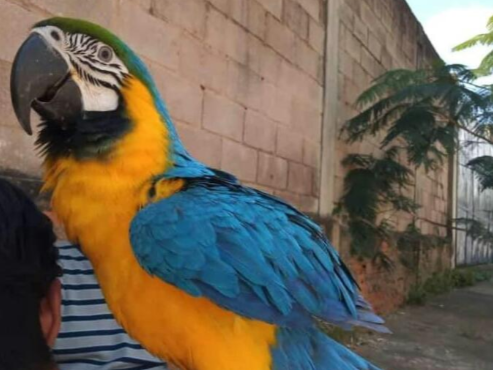
Illegal advert for macaw sales on Brazilian internet. Credit - RENCTAS.
RENCTAS carries out online surveillance of wildlife traffickers in Brazil
The internet has become the main ally of animal traffickers. Through social networks, illegal wildlife traders reach many people, as well as having the anonymity that the virtual world provides. The use of the internet has strongly contributed to the increase in the number of animals trafficked and, consequently, to the increase in socio-environmental damage.
In Brazil, around 38 million animals are illegally taken from the wild every year to fuel this criminal activity. Nine out of every ten animals die during the extremely cruel process of capture or transportation. Only one makes it into the hands of the final consumer.
The Brazilian Network to Fight the Trafficking of Wild Animals (RENCTAS) has almost 25 years of experience in online monitoring of the illegal wildlife trade (IWT). Since 1999, their work has solidified has become fundamental to understanding the modus operandi of all those involved in this criminal structure. Every day, RENCTAS analysts capture thousands of messages exchanged in virtual communication groups, such as WhatsApp and Telegram, and in closed groups on other social networks, such as Facebook and Instagram.
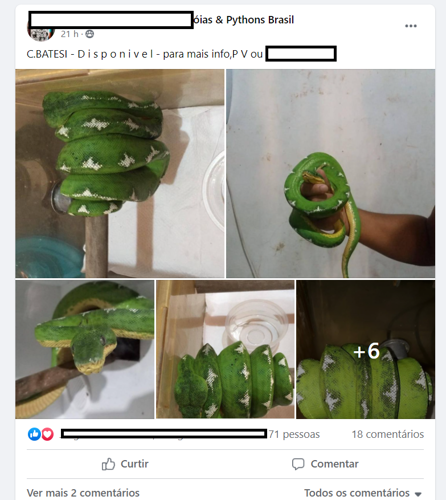
The online surveillance of IWT, carried out with the support of the IWT Challenge Fund, collaborates with national and international environmental authorities in their efforts to combat animal trafficking. The information generated by RENCTAS and passed on to enforcement agents makes it possible to identify the main routes, methodologies, and species involved in IWT; particularly those threatened with extinction.
In addition to online monitoring, the project also includes technical visits to areas where there is a strong presence of wildlife traffickers. These visits are important for identifying the methods used by environmental criminals to lure underprivileged communities, who end up collecting animals in places of great biological diversity.
The database generated by the project already has around five million messages related to the illegal animal trade. Every day, around 20,000 messages are tracked, analysed, classified, forwarded, and stored by the RENCTAS team. This gigantic archive of strategic information has been given by RENCTAS to various educational institutions, with the aim of using it as study material for academic projects. Currently, the University of Northumbria and the IUCN, for example, are carrying out research using this information.
Several environmental control and inspection actions are already being carried out based on online monitoring of wildlife trafficking. Recently, this project identified several suspicious activities involving a private German zoo and a private zoo in India. The case involved the transfer of twenty-six Spix’s Macaws and four Lear’s Macaws, both highly endangered species. Thanks to its online monitoring, RENCTAS gathered a large amount of evidence that allowed for the opening of a legal investigation into this case in Brazil and the international mobilisation of several NGOs to act on the matter.
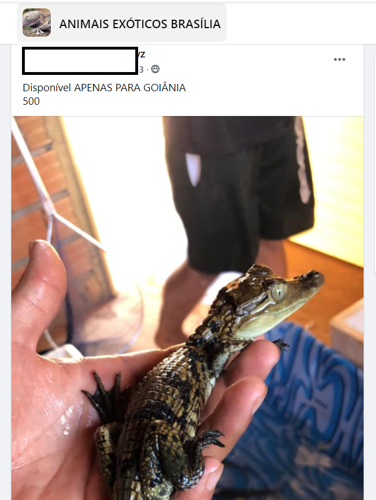
As a direct result of the project, several reports and diagnoses will be published on the environmental, social, and economic impacts of this criminal activity. A study on the illegal trade in arachnids in Brazil, and another on the activities of animal traffickers in the Brazilian Amazon, are also under development.
RENCTAS would like to establish partnerships to broaden the scope of this project and thus strengthen the international fight against wildlife trafficking.
Written by Thiago P. Vargas da Costa. For more information on this IWT Challenge Fund Evidence project IWTEV017, led by RENCTAS, please click here.
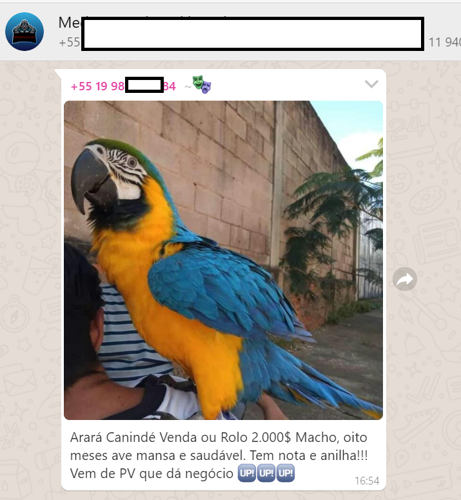
Illegal advert for macaw sales on Brazilian internet. Credit - RENCTAS.
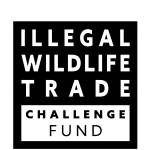
 Back
Back